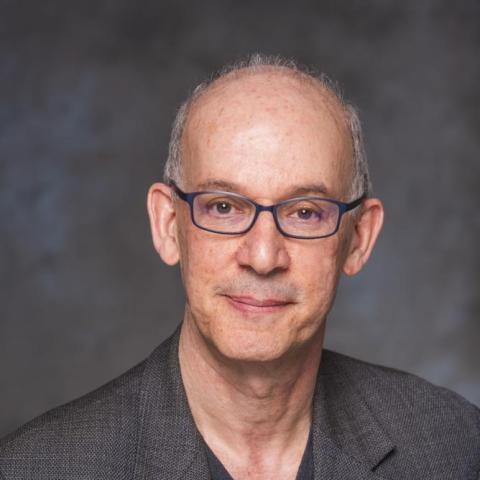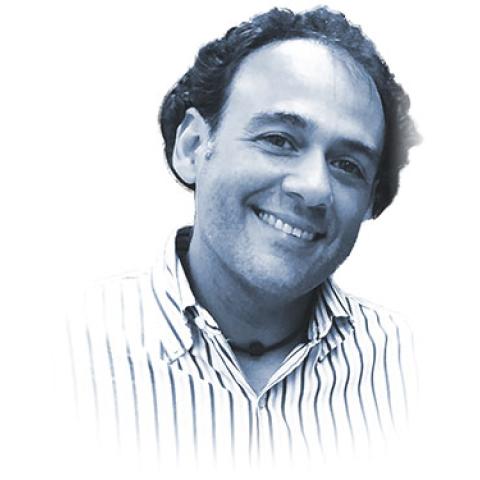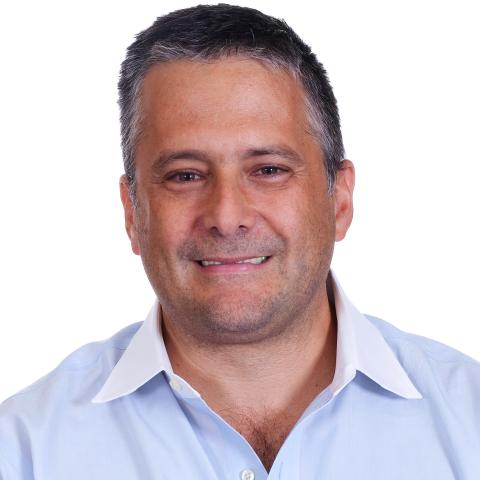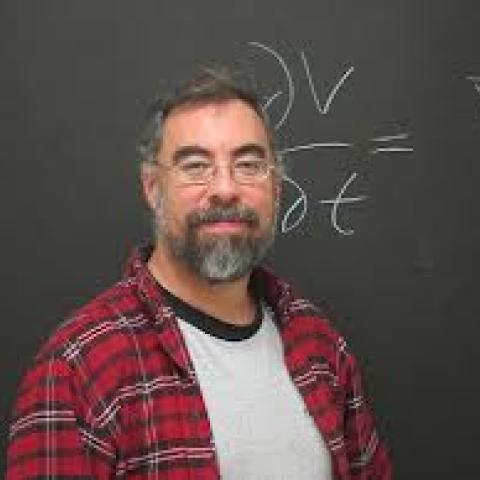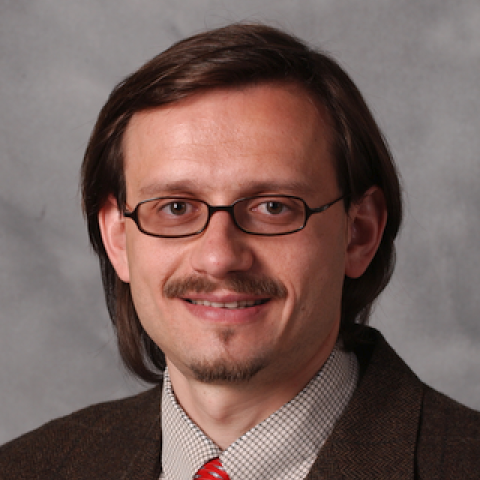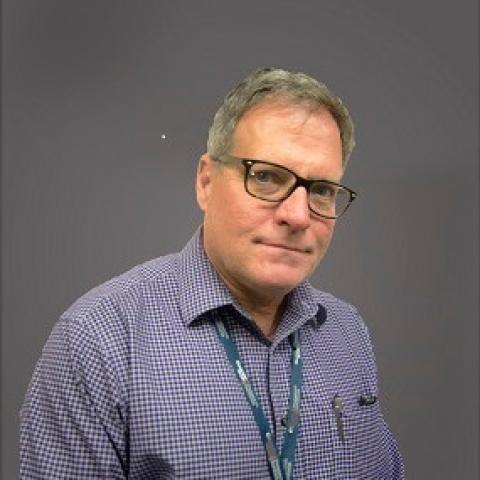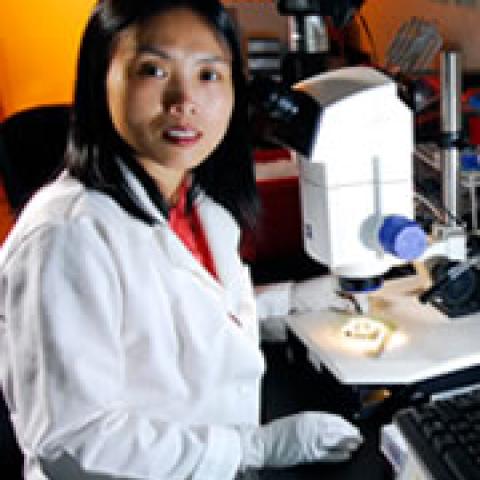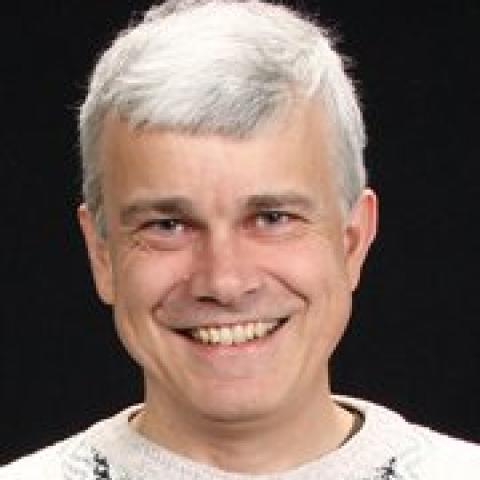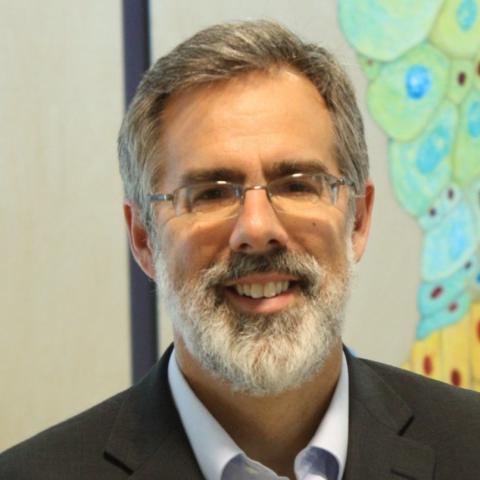Candace Fleischer
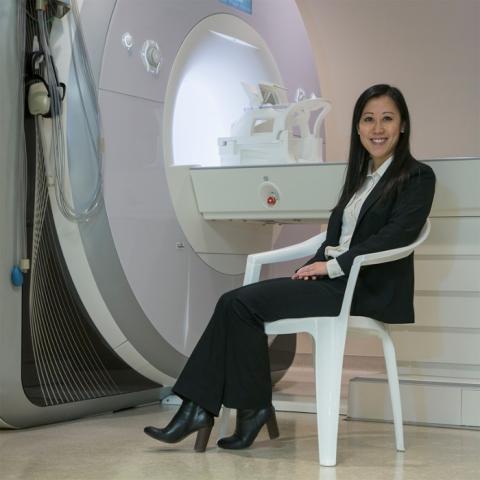
Candace C. Fleischer, PhD, is an Assistant Professor in the Department of Radiology and Imaging Sciences at the Emory University School of Medicine. Dr. Fleischer also holds a faculty appointment at the Wallace H. Coulter Department of Biomedical Engineering at Georgia Institute of Technology and Emory University. She serves as the director of the Biomedical Spectroscopy and Imaging Laboratory.
Dr. Fleischer is a spectroscopist with formal training in physical chemistry and biomedical engineering. Her research group is highly collaborative and focused on the development of new MR spectroscopy and imaging technologies for biomedical and translational applications.
Current projects include the development of magnetic resonance-based methods for identifying inflammatory biomarkers in malignant brain tumors; and creating new tools for non-invasively measuring brain temperature with applications in cerebrovascular and cardiovascular injury. Her laboratory is also committed to community outreach and increasing scientific literacy.
